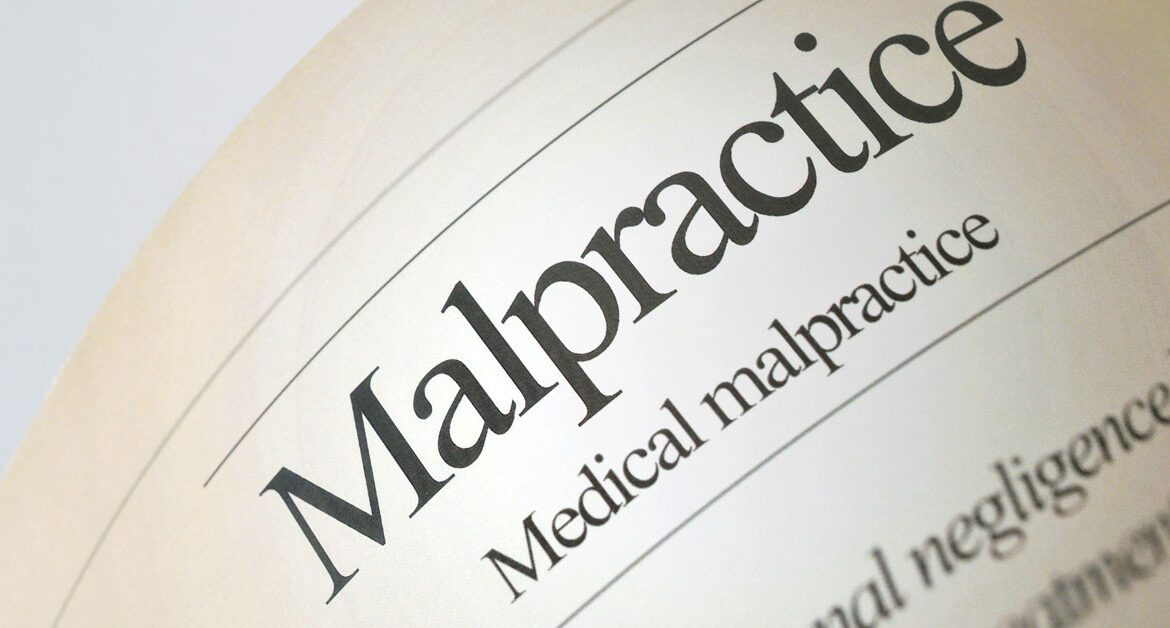Medical malpractice occurs when a healthcare professional deviates from the standard of care, resulting in harm to the patient. Identifying signs of medical malpractice is crucial for those who suspect they have been victims of negligent medical treatment. Today, we’ll explore key signs that may indicate you have a medical malpractice case, offering expert insights into this complex legal issue.
Unusual or Unexpected Medical Outcomesh2
Signs and Symptoms:
- Unanticipated complications following a procedure or treatment
- Unexpected deterioration of health despite medical intervention
Expert Insight: An unexpected medical outcome does not automatically imply malpractice, but if the outcome is rare or unrelated to the initial health issue, it warrants further investigation.
While not all unexpected outcomes are malpractice, consult with a medical malpractice attorney to assess the circumstances and determine if negligence played a role.
Failure to Diagnose or Misdiagnosish2
Signs and Symptoms:
- Delayed diagnosis despite persistent symptoms
- Receiving an incorrect diagnosis that leads to inappropriate treatment
Expert Insight: A failure to diagnose or misdiagnosis can significantly impact patient outcomes. Seeking a second opinion can help confirm or rectify a potential misdiagnosis.
If you suspect a misdiagnosis, consult with a medical malpractice attorney to evaluate whether the standard of care was met and if negligence contributed to the diagnostic error.
Medication Errorsh2
Signs and Symptoms:
- Receiving the wrong medication or incorrect dosage
- Suffering adverse effects due to medication errors
Expert Insight: Medication errors are preventable and should not occur under proper medical supervision. Any deviation from prescribed medication should be thoroughly investigated.
If you’ve experienced medication errors, consult with a medical malpractice attorney to assess whether negligence occurred in the prescribing or administering of medications.
Surgical Errorsh2
Signs and Symptoms:
- Unintended damage to organs or tissues during surgery
- Performing the wrong surgical procedure
Expert Insight: Surgical errors can have severe consequences. Patients should be informed of potential risks, and deviations from the standard of care may indicate malpractice.
Consult a personal injury attorney if you’ve experienced surgical errors to evaluate the circumstances and determine if negligence played a role.
Lack of Informed Consenth2
Signs and Symptoms:
- Undergoing a procedure without adequate information about potential risks
- Performing a procedure without obtaining the patient’s informed consent
Expert Insight: Informed consent is a crucial aspect of medical care. Patients have the right to be fully informed about potential risks and alternatives before consenting to any procedure.
If you believe you underwent a procedure without proper informed consent, consult a personal injury lawyer to explore whether your rights were violated.
Abnormal Delay in Treatmenth2
Signs and Symptoms:
- Experiencing a significant delay in receiving necessary medical treatment
- Suffering harm due to a delayed diagnosis or intervention
Expert Insight: Timely medical intervention is often critical, and unjustified delays may constitute medical malpractice.
If you’ve faced unwarranted delays in treatment that resulted in harm, consult with an injury lawyer to assess the potential negligence in your case.
Conclusion: Seeking Legal Guidance for Medical Malpractice Concernsh2
Experiencing any of these signs does not automatically confirm medical malpractice. However, they warrant a closer look by legal and medical professionals. If you suspect you may have a medical malpractice case, it’s crucial to consult with an experienced personal injury attorney who can provide expert insights tailored to your specific situation. Your attorney will assess the facts, gather necessary evidence, and guide you through the legal process, ensuring your rights are protected. Remember, seeking timely legal advice is essential in navigating the complexities of medical malpractice cases.





